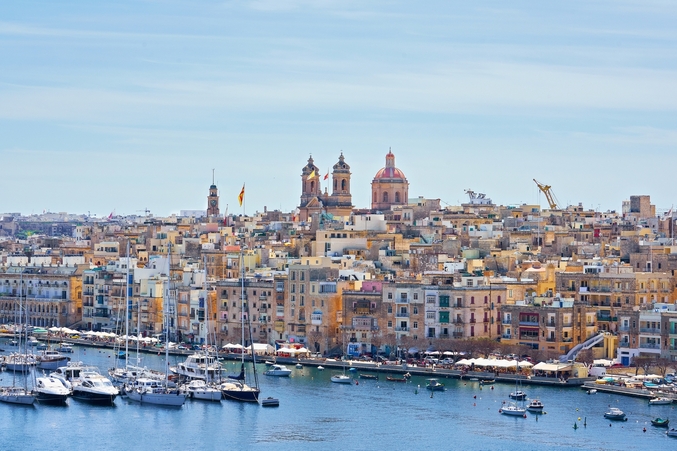Fitch Ratings has affirmed Malta’s Long-Term Foreign-Currency Issuer Default Rating (IDR) at ‘A+’ with a stable outlook. The rating is underpinned by robust economic growth, high per capita income, and Malta’s membership in the EU and eurozone. However, it is tempered by the country’s vulnerability to external shocks, a large banking sector, and a growing public debt burden.
Economic strengths and growth potential
Malta’s economy continues to perform well above the eurozone average, with real GDP growth expected to reach 5.7 per cent in 2024. This growth is largely driven by the services sector, strong financial performance due to higher interest margins, and a buoyant tourism sector, which has surpassed pre-pandemic levels. Fitch has revised Malta’s growth forecast upwards for 2025 and 2026 to 4.3 per cent and 4.1 per cent, respectively, with GDP per capita now standing at 91 per cent of the eurozone average following a statistical revision.
Labour market indicators are also positive, with Malta enjoying low unemployment levels, expected to average 3.2 per cent over the next few years, far below the eurozone’s 6.5 per cent. However, challenges such as low labour productivity and skills shortages persist, which may constrain future growth.
Fiscal deficits and debt trajectory
Malta’s fiscal position remains a concern, despite efforts to address the issue. The fiscal deficit for 2024 is projected at 4.0 per cent of GDP, falling to 3.0 per cent by 2026. This reflects the government’s tax relief measures and the ongoing cost of energy subsidies, which have eased slightly with falling energy prices. However, the absence of a clear exit strategy from fixed energy pricing raises fiscal risks, especially given international energy price volatility.
Public debt, currently at 47.3 per cent of GDP, remains below the ‘A’ median of 53.3 per cent, but is expected to rise slightly in the coming years. The government remains committed to keeping debt below 60 per cent of GDP, though the European Commission’s excessive deficit procedure against Malta, due to its 2023 fiscal deficit of 4.6 per cent, highlights the need for continued fiscal discipline.
External and governance strengths
Malta’s external position remains strong, with the country ranking as one of the largest net external creditors, largely due to the activities of multinational companies. Despite this, Fitch notes that these external assets have limited ties to the domestic economy.
Fitch’s score for Malta’s governance indicators, including political stability and control of corruption is favourable, which continues to support its credit profile.
Outlook
While Malta’s economic fundamentals remain solid, the country faces challenges from its fiscal deficit, external vulnerabilities, and structural labour issues. A failure to implement sustained fiscal consolidation or address governance concerns could lead to a downgrade. Conversely, improving public finances and addressing structural weaknesses could prompt an upgrade in the future.
Finance Minister confirms continuity of food and energy subsidies
Spending on food and energy subsidies as a percentage of the GDP will be at 0.7% in 2025
MHRA congratulates Glenn Micallef on EU role, highlights positive impact on Malta’s tourism and cultural sectors
The lobby group emphasised that Malta’s cultural assets and sports scene are key factors in attracting visitors and fostering economic ...
SME Chamber and Malta Developers Association slam controversial Identità lease attestation form
Identità's new procedure concerning lease attestation forms was not welcomed by these local stakeholders






